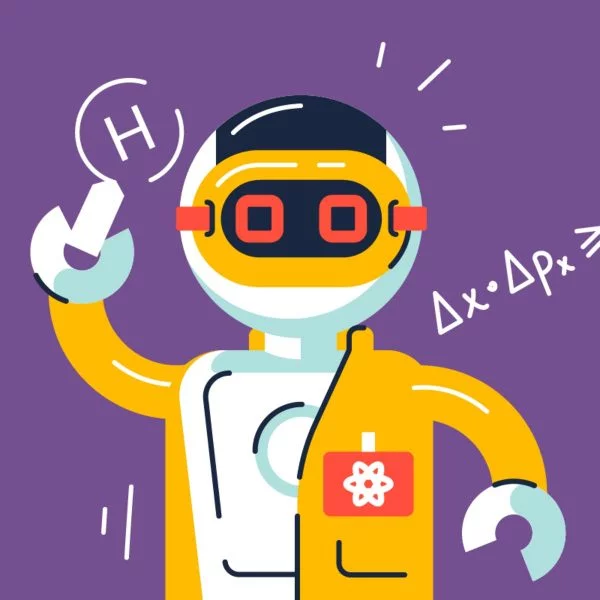
Addressing Large Hadron Collider Challenges by Machine Learning
FREE
The Large Hadron Collider (LHC) is the largest data generation machine for the time being. It doesn’t produce the big data, the data is gigantic. Just one of the four experiments generates thousands gigabytes per second. The intensity of data flow is only going to be increased over the time. So the data processing techniques have to be quite sophisticated and unique. In this course we’ll introduce students into the main concepts of the Physics behind those data flow so the main puzzles of the Universe Physicists are seeking answers for will be much more transparent. Of course we will scrutinize the major stages of the data processing pipelines, and focus on the role of the Machine Learning techniques for such tasks as track pattern recognition, particle identification, online real–time processing (triggers) and search for very rare decays. The assignments of this course will give you opportunity to apply your skills in the search for the New Physics using advanced data analysis techniques. Upon the completion of the course you will understand both the principles of the Experimental Physics and Machine Learning much better. Do you have technical problems? Write to us: coursera@hse.ru National Research University – Higher School of Economics (HSE) …
Instructor Details
Courses : 1
Specification: Addressing Large Hadron Collider Challenges by Machine Learning
|
7 reviews for Addressing Large Hadron Collider Challenges by Machine Learning
Add a review Cancel reply
This site uses Akismet to reduce spam. Learn how your comment data is processed.
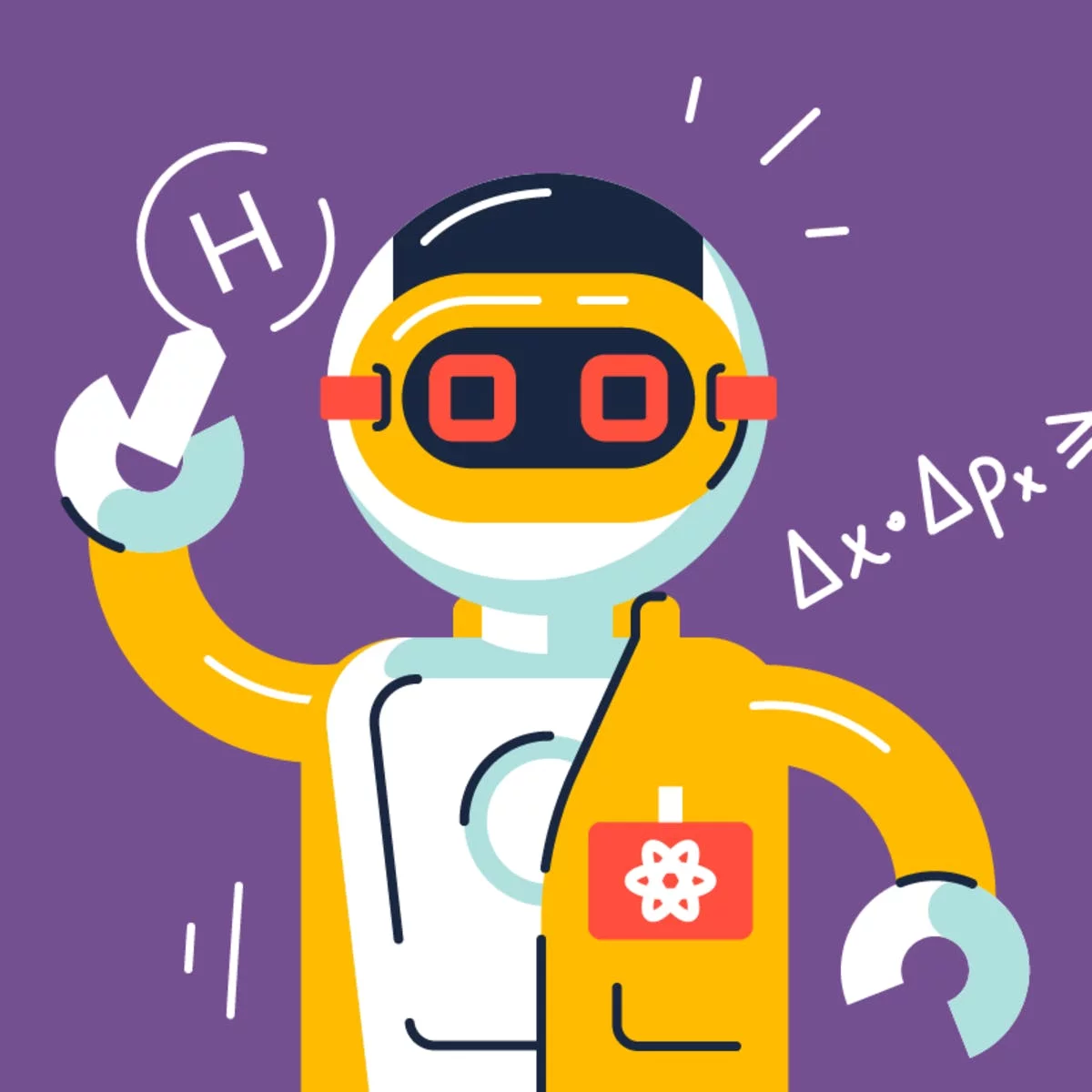
| Price | Free |
|---|---|
| Provider | |
| Duration | 16 hours |
| Year | 2018 |
| Level | Expert |
| Language | English |
| Certificate | Yes |
| Quizzes | Yes |

FREE


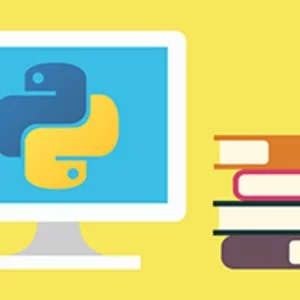
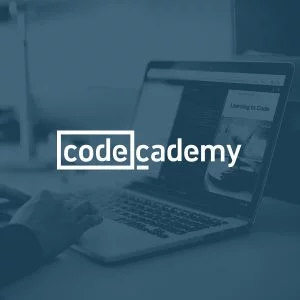

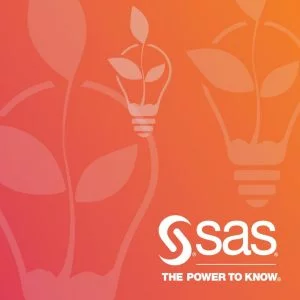
Shanaya M –
For an undergrad student of computer science, this course provides great insights into the world of astrophysics and how machine learning can be applied to solve some of the greatest mysteries of the universe.
Wei X –
nice starting point for graduate students or senior undergraduate students who want to dig deeper in this direction
James h –
FUN !!!!
Milos V –
This course was walk in the park in comparison to the other ones in the specialization. However, it would not be so if I did not complete all of the previous ones. Non perfect score goes because I think that practical assignments should be better explained like: “do some feature engineering”, “feel free to use any models”, etc.
Vaibhav O –
Some assignments are too abstract and difficult to get through without external help
Mohammed F –
A challenging ML course for practitioners and researchers to put their abilities to the test. Could have enjoyed a bit more (possibly optional) explanation about the underlying physics.
Samuel Y –
The course material is quite brief and introductive for particle physics, with only a few interesting machine learning tricks. Meanwhile, the assignments are less prepared even misguided, either need blindly tuning sklearn optimizer or heavily dependent on feature engineering, which are not related to the core knowledge of the session. From my point of view, this course is not as good as the other ones in this great machine learning specialization.